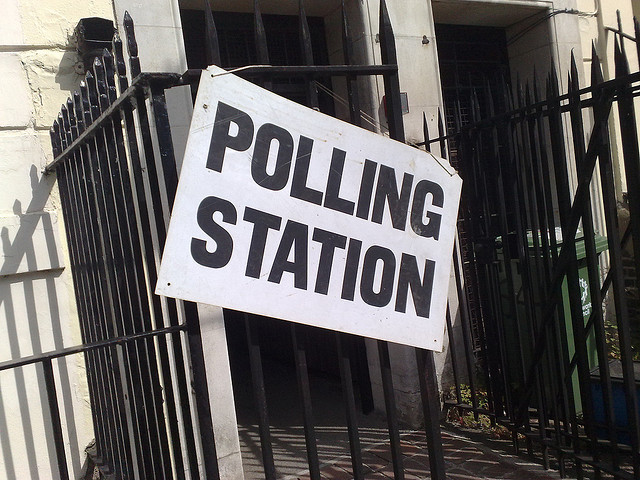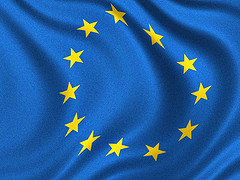
Do local elections predict general elections?
Today voters in 181 local authorities and councils across the UK will cast their votes to elect their local representatives. There are also elections for the London Assembly and three Mayoral elections, most prominently the election for the Mayor of London. Although officially concerned with local issues and local government, local elections in the UK are frequently taken to be large scale opinion polls on national political parties. When the results are announced they will inevitably be described by politicians and political commentators as (depending on the actual results, party affiliation and political inclination): a ‘triumph’, ‘disaster’, ‘bloody nose’, ‘strong message’, ‘resounding verdict’ and various other political clichés. Are politicians and commentators actually justified in making these statements? Do votes …

Choosing an electoral system for the House of Lords
Although their official report isn’t due to be published until the 23rd of April, on Wednesday the Guardian reported that the Joint Committee on Lords Reform has decided to back an ‘open preferential voting system’ rather than the government’s preferred Single Transferable Vote (STV) for electing members to a reformed House of Lords. Open preferential voting is a hybrid electoral system which allows voters to either express a rank ordering of individual candidates in the same manner as STV, or to select a list of candidates chosen by a political party, much like a closed list proportional representation system. In Australia, where the method is used to elect the Senate, this is known as voting ‘below’ and ‘above’ the line …
When is news not news? Donations to political parties and the cash-for-access scandal
Over the weekend the cash-for-access ‘scandal’ over Conservative party donors possibly having dinner with David Cameron in exchange for large donations broke, after a sting by Sunday Times journalists. Predictably the news was followed by ‘outrage’ from the press and the Labour Party over the affront to democracy such donations represented, followed by a statement from David Cameron claiming it had nothing to do with him and that Peter Cruddas was acting independently. Despite the vast amount of news coverage generated by this latest scandal, almost none of it is actually news. Should we be surprised that Party donors get to have dinner with Party leaders? If we are, it is only because of our own ignorance. It says quite explicitly …

A referendum after all: Ireland and the new EU treaty
Earlier today 25 EU member-states signed the Treaty on Stability, Coordination and Governance (the UK and the Czech Republic have opted out of the treaty). In an earlier post I considered whether any EU member-states would hold a referendum on the new treaty. In that post I argued that despite long declaring that they would not hold a referendum, Ireland was the most likely to hold one. Despite their earlier statements, Ireland announced on Tuesday that it would be holding a referendum to ratify the new treaty after all. Exactly why Ireland will hold a referendum is worth closer scrutiny. Ireland has held referendums on all European integration treaties from the Single European Act (SEA) onwards. Originally the Irish government …

Voters’ Block: Will EU governments hold referendums on a new treaty?
As the European Union lurches from crisis to crisis, the chances of getting a new EU treaty are on the rise. Such a new treaty might be the ‘Treaty on Stability, Coordination and Governance in the Economic and Monetary Union’, which is due to be signed in March by all EU members apart from the Czech Republic and the UK. Or, if the worst fears of the Eurozone countries are realised and Greece defaults, a new treaty will be necessary to clean up the ensuing mess. Although most attention tends to focus on the ins-and-outs of treaty negotiations, once a treaty has been signed it still has to be ratified by each country. And the ratification process has rarely gone …










